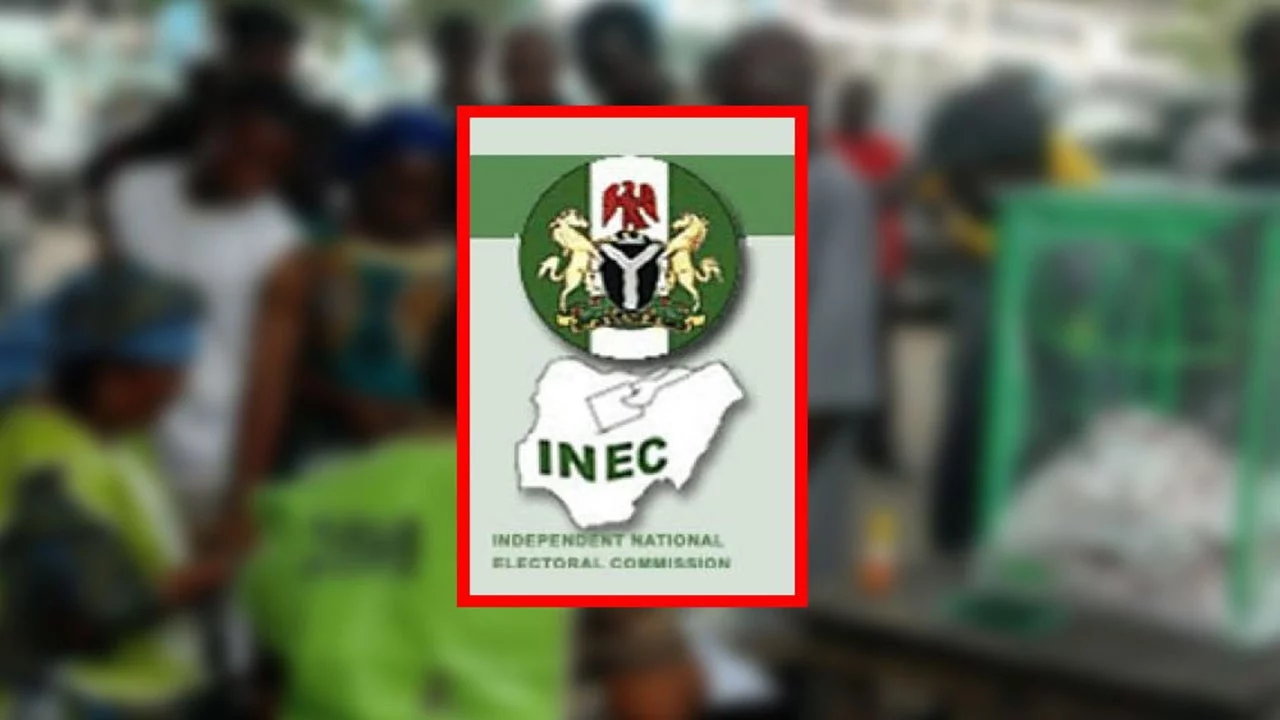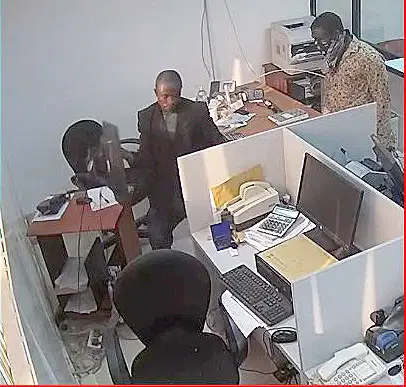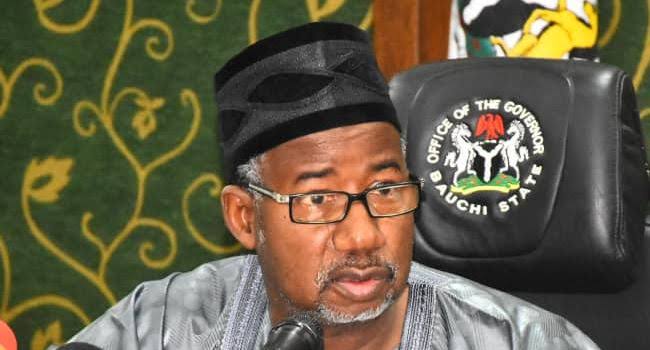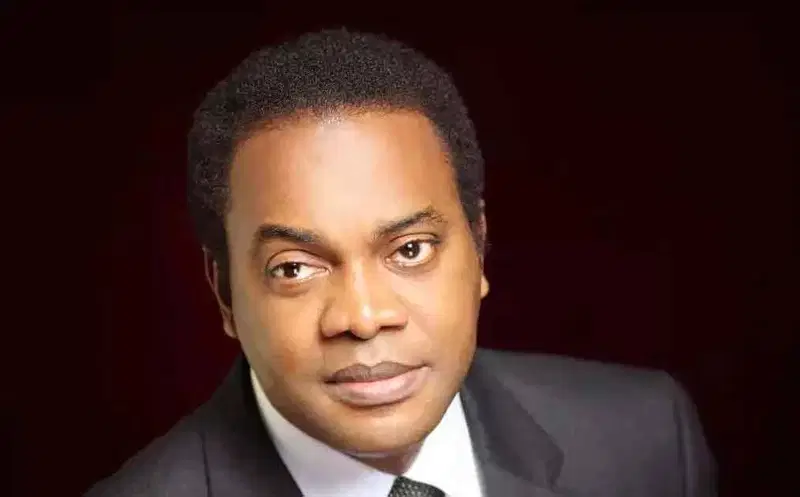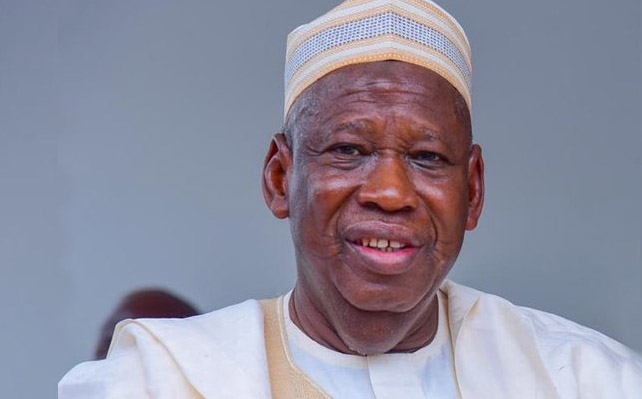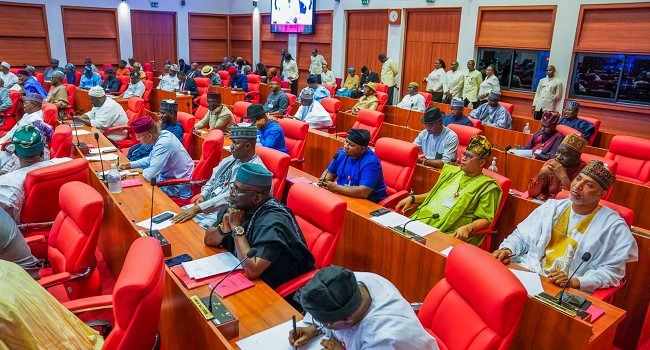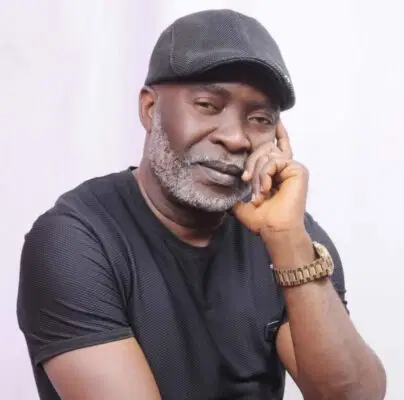National News
Withdrawal of US Funding: We Are Addressing Healthcare Funding Gaps – Prof. Pate
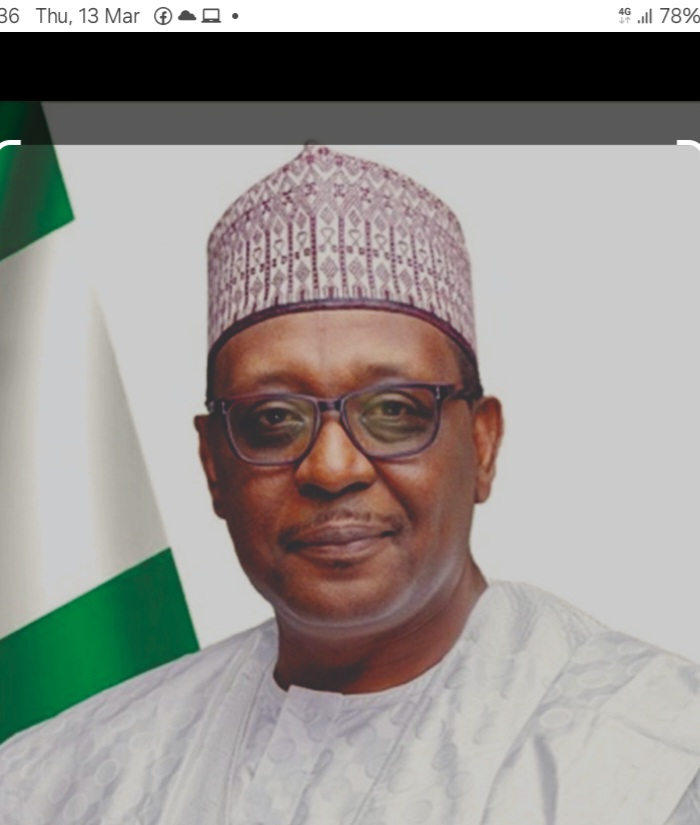
The Minister of Health and Social Welfare, Prof. Mohammed Ali Pate, has stated that Nigeria is doing everything possible to address funding and policy gaps in the nation’s healthcare sector.
Speaking at an interactive session with the House Committee on AIDS, Tuberculosis, and Malaria Control on Thursday, the Minister said the government was implementing measures to tackle challenges in the healthcare system, particularly in light of the recent withdrawal of funding by the United States.
He acknowledged that while the US government’s decision to withdraw healthcare funding for Africa was sudden, its impact on Nigeria was mitigated due to various proactive policies and interventions put in place by the Federal Government.
He said: “The changes in the global landscape, particularly the shift in US government policy, represent a significant adjustment. However, we see this as an opportunity for research and innovation.
“We appreciate the contributions of the US government—the billions of dollars invested by the US government and its people—but ultimately, the responsibility to provide for our country rests on us.
“While we are grateful for past support, we must now reorient ourselves to ensure that no Nigerian in need of medical care is left untreated—whether for HIV, malaria, or other conditions.”*
The Minister further noted that the policy shift occurred just 18 months into the administration. Despite this, the government has secured financial support for the health sector and is now prioritising increased investments in healthcare.
“For the past 20 to 25 years, external partners have largely funded HIV, tuberculosis (TB), and malaria programmes in Nigeria, and we acknowledge their life-saving contributions. These partners include the US government, through the DEFRA programme and USAID’s malaria initiative, as well as bilateral partners, local health organisations, and private funders. However, much of this funding—about 10%—has been managed outside government systems, contracted to external entities operating through their own channels.
“Recognising this, we have initiated several programmes and interventions that are already yielding results through collaboration between the federal, state, and local governments.”*
Prof. Pate highlighted that in response to the funding withdrawal, the government conducted a bottom-up analysis involving key agencies such as NACA, the Public Health Department, the AIDS and TB programmes, and other relevant health institutions to assess and address gaps in the system.
“We have engaged multiple stakeholders to address gaps in HIV, malaria, reproductive health, tuberculosis, nutrition, and public health care. The US government’s funding was particularly focused on HIV, malaria, and tuberculosis, but we are working to bridge the shortfall through domestic investments.”
Parliamentary Support for Healthcare Advocacy
Speaking to journalists after the meeting, Prof. Pate emphasised the crucial role of lawmakers in healthcare advocacy and public awareness.
“Parliamentarians are an essential vehicle for promoting public health awareness. The Ministry will work closely with the National Assembly to ensure that health policies and initiatives are internalised and effectively implemented at all levels.
“There are preventive measures for HIV and tuberculosis that Nigerians need to be aware of. For instance, our First Lady, Senator Oluremi Tinubu, is a global, regional, and national champion for tuberculosis awareness.
“Parliamentarians can educate their constituents on the importance of getting tested for diseases, improving water and sanitation, ensuring proper nutrition, attending primary healthcare centres, and keeping up with immunisation schedules.
“We must leverage the power of lawmakers—as they are closest to the people—to drive these essential healthcare initiatives. This aligns with Mr President’s vision, which prioritises the health of Nigerians as a key driver of human capital development and national prosperity.”*
House Committee Calls for Sustainable Funding Solutions
The Chairman of the House Committee on AIDS, Tuberculosis, and Malaria Control, Rep. Amobi Godwin Ogah, stated that the meeting was convened to align the legislature’s efforts with the Ministry of Health to ensure the seamless implementation of programmes addressing HIV/AIDS, tuberculosis, leprosy, and malaria.
He reiterated the need for increased domestic healthcare funding, reducing reliance on foreign assistance, and ensuring sustainability despite the US government’s funding withdrawal.
“We have always advocated for greater domestic investment in healthcare and less dependency on foreign aid. While the US government’s decision to withdraw funding for African health systems is a challenge, the Nigerian government has responded swiftly by allocating additional resources to combat communicable diseases such as HIV, tuberculosis, and malaria.
“In many ways, this decision by the US government has become a blessing in disguise, pushing us towards greater self-sufficiency in healthcare funding.
Rep. Ogah commended Prof. Pate and the Ministry of Health for their leadership and advocacy in securing increased health sector funding from the Federal Executive Council.
“Your determination and commitment have resulted in increased government allocations to healthcare, helping to bridge the funding gaps left by the US decision. This is a commendable achievement that will strengthen Nigeria’s health sector in the long run.”
Call for a Healthcare Sector Trust Fund
Rep. Ogah advocated for the establishment of a Healthcare Sector Trust Fund to ensure sustainable funding for healthcare.
“Many African countries are currently struggling due to unforeseen funding cuts. I recently returned from Tanzania, where similar healthcare funding challenges were discussed.
“In Nigeria, we already have an education trust fund (TETFUND), and I believe we need a similar structure for healthcare. Given the challenges we are currently facing, we cannot afford to be caught unprepared in the future.
“We are fortunate to have a Minister who understands the system and is actively working to navigate this situation. However, we must also put long-term solutions in place to safeguard the future of healthcare funding in Nigeria.”
-
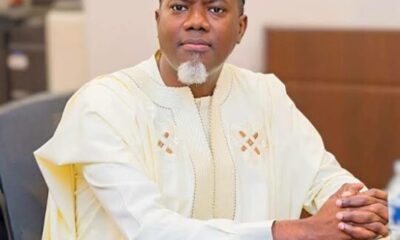
 News2 days ago
News2 days agoOmokri rejects Sowore’s Tinubu ‘Drug Lord’ defence
-

 News2 days ago
News2 days agoFela Kuti to receive posthumous lifetime achievement Grammy Award, first for an African musician
-
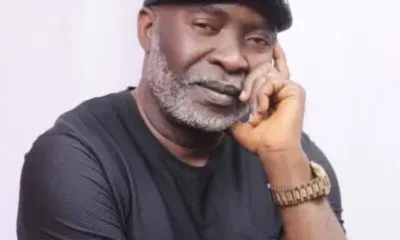
 News1 day ago
News1 day agoNollywood Actor Stanley Amandi arrested over alleged coup plot against Tinubu
-
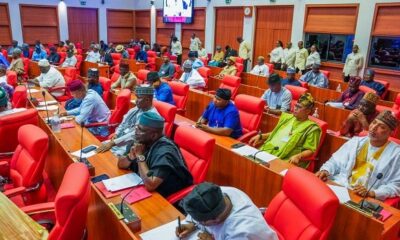
 National News1 day ago
National News1 day agoSenators lament funding shortfalls, warn of budget implementation crisis
-
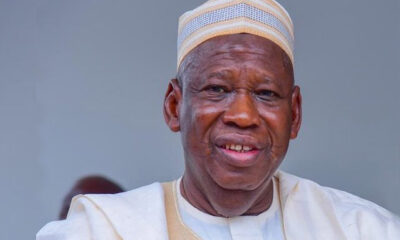
 News1 day ago
News1 day ago2027: North will stand with Tinubu, claims of defection are a big mistake — Ganduje
-

 News1 day ago
News1 day agoDonald Duke dumps PDP for ADC, gets membership card in Calabar
-

 National News2 days ago
National News2 days agoParliament passes Tinubu’s N58.18trn 2026 budget for second reading
-
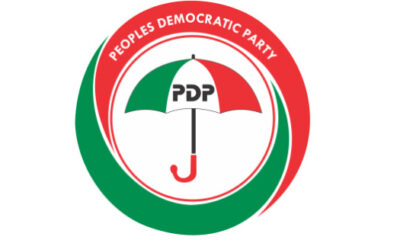
 News2 days ago
News2 days agoPDP affirms Turaki-Led leadership after Ibadan Court declines mandamus order

